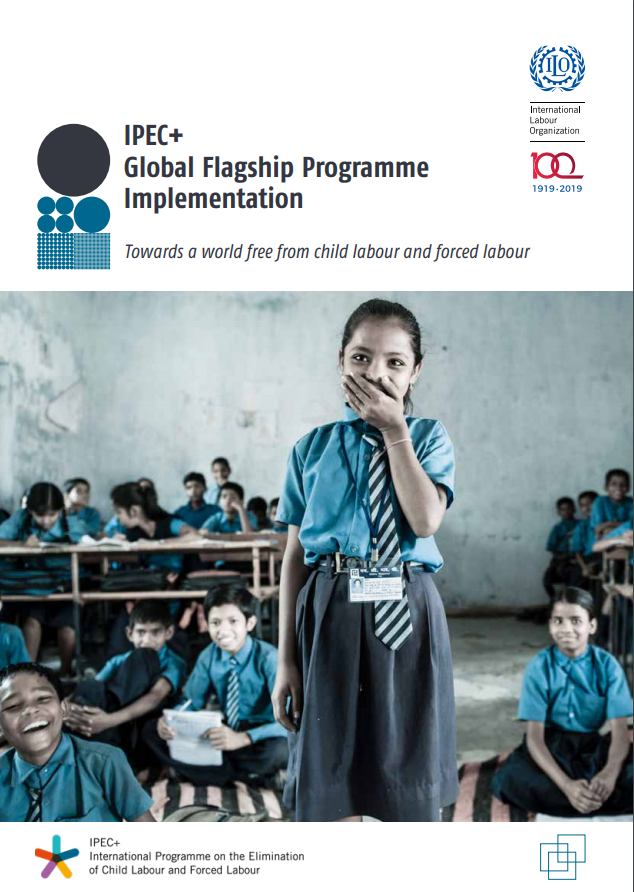Decision No. 1107 Addendum to the OSCE Action Plan to Combat Trafficking in Human Beings: One Decade Later
PublicationsThe Addendum complements the OSCE Action Plan to Combat Trafficking in Human Beings adopted in 2003 and supplemented in 2005, and provides the OSCE participating States with an updated toolkit to combat all forms of trafficking in human beings (THB)....Read More

